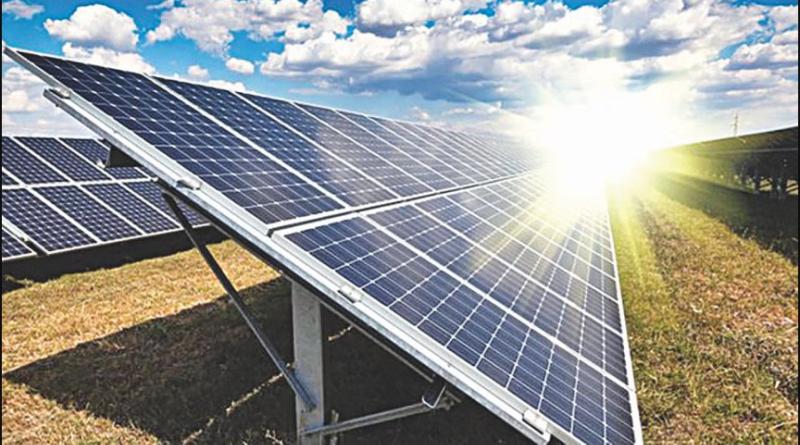Use of Renewable Energy: Bangladesh at bottom in S. Asia

Says Sanem; use of alternatives to LNG can save $39.6b or 9.17pc of GDP
Among South Asian countries, Bangladesh produces the lowest amount of renewable energy against total power generation capacity, according to an analysis by South Asian Network on Economic Modeling (Sanem).
Bangladesh's renewable energy usage stands at only 1.90 percent against Pakistan's 6.8, Sri Lanka's 22.22 and India's 30.2 percent.
This was revealed at a roundtable titled "Exploring Sustainable Energy Pathways: Focusing on Cost-effectiveness and Green Budget". The event was organised by Sanem at a city hotel yesterday.
Presenting the keynote paper at the discussion, Sanem Senior Research Associate Israt Hossain said, "Bangladesh can save at least $39.6 billion or 9.17 percent of its GDP by 2030 if it uses alternatives to LNG."
The government intends to decrease its reliance on domestic natural gas due to the depleting gas reserves. That's why it is increasing imports of LNG and other fossil fuels, reads the paper.
"The government is making predatory profits. The sector needs a strong and independent regulatory body."
— Prof M Shamsul Alam Senior Vice President, Consumers' Association of Bangladesh
Addressing the event, experts said that the government neglected the renewable energy potential, which is why the country has less than two percent power generation capacity from this source.
"There is no doubt that we neglected the renewable energy potentials. We need to enforce power cuts when the electricity demand rise. But we have sunlight which is a very good source of renewable energy," said Prof Ijaz Hossain, dean of the engineering faculty at Bangladesh University of Engineering and Technology (Buet).
He said solar energy is not the only option. "We need to think about green hydrogen."
Prof M Shamsul Alam, senior vice president of Consumers' Association of Bangladesh, said energy has now become an import-dependent sector.
"There is no energy security as the government is finding it difficult to pay the import bills [primary fuels] due to a lack of US dollars."
He said the government is doing business and also fixing energy prices which is contradictory.
"The government is making predatory profits. The sector needs a strong and independent regulatory body," Shamsul observed.
Shafiqul Alam, energy finance analyst at the Institute for Energy Economics and Financial Analysis, said the government is going to build three LNG storage regasification units (FSRU) to increase the storage capacity of imported LNG.
"If the government cannot utilise the facilities fully, it will have to pay capacity charges to the regasification units," he added.
Speaking at the event, State Minister for Planning Shamsul Alam said people in Germany get sunlight for only two to three hours every day.
"But they have built huge buildings, especially in schools and colleges, with photovoltaic glasses to produce electricity. We have built buildings using glass. Why don't we use such photovoltaic glasses?"
Md Rafiqul Islam, joint secretary (planning) at Energy and Mineral Resources Division, said the government has increased the local gas production and has taken up an exclusive programme to boost the production further.
"It is not true that the government only depends on imports. If we don't import LNG, industrial growth will become stagnant," he added.
Sanem Executive Director Prof Selim Raihan moderated the event.



